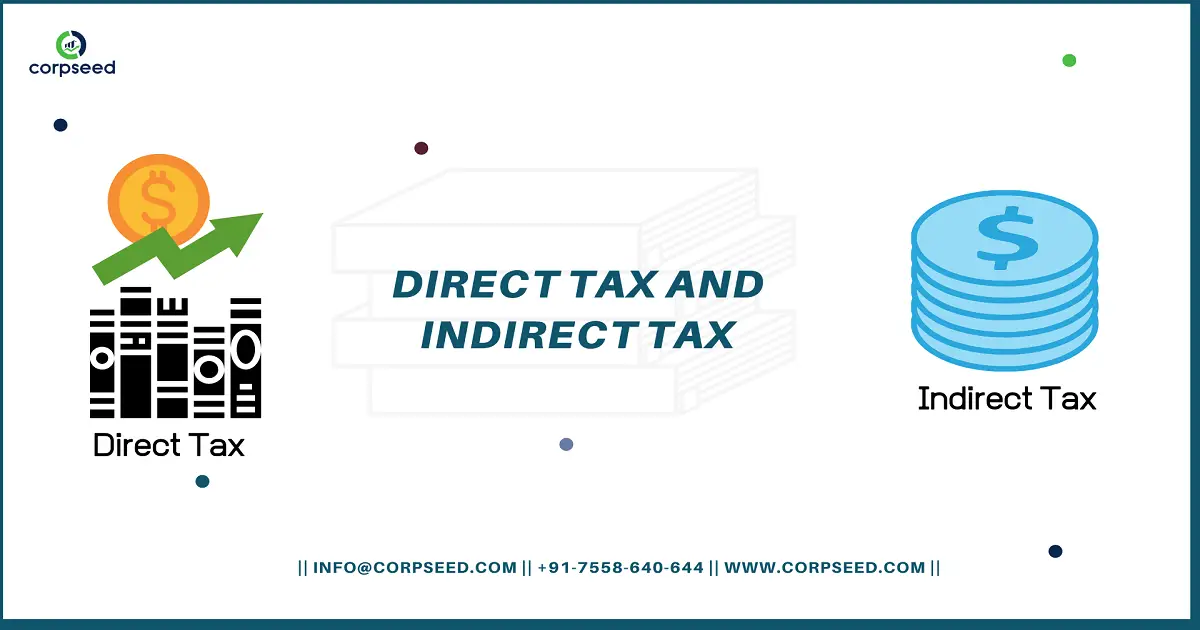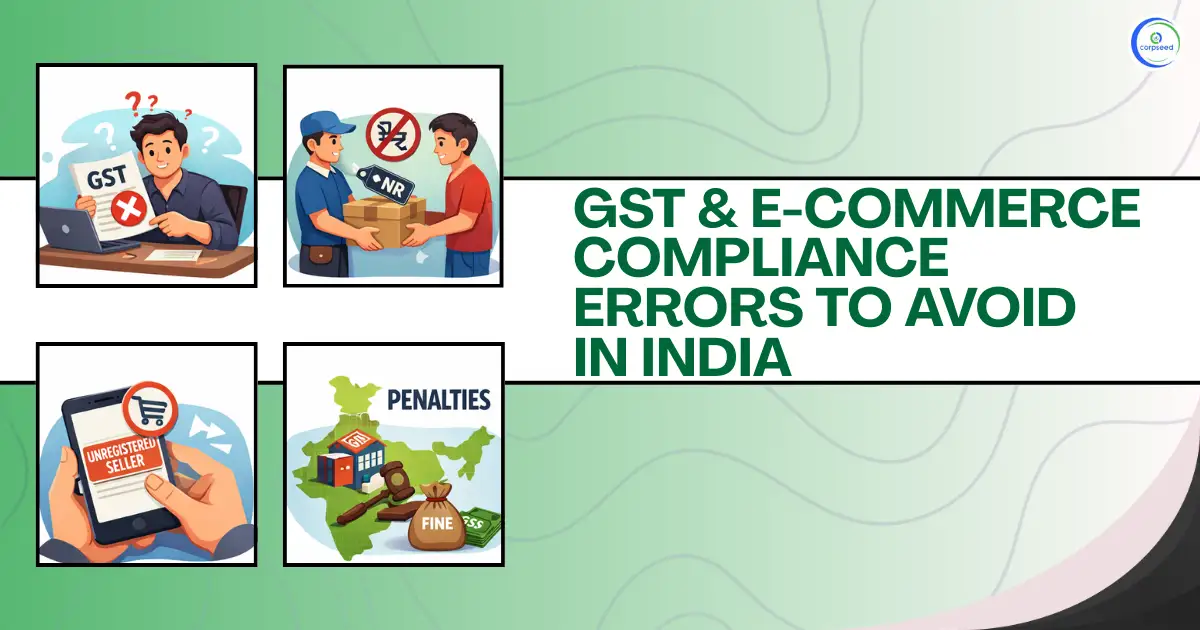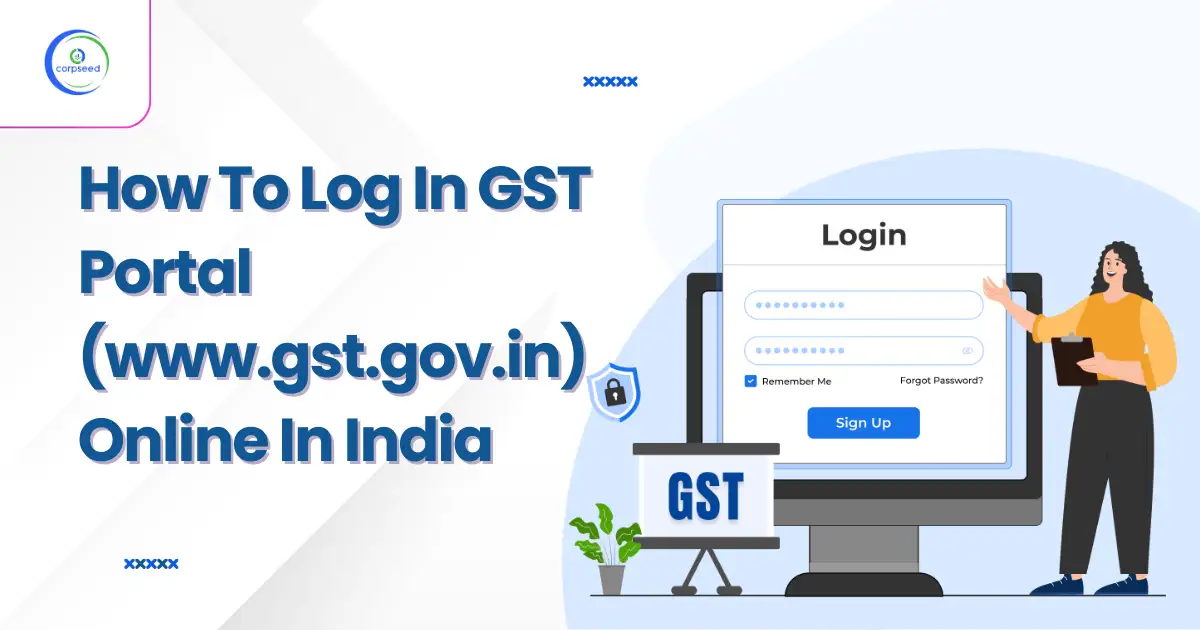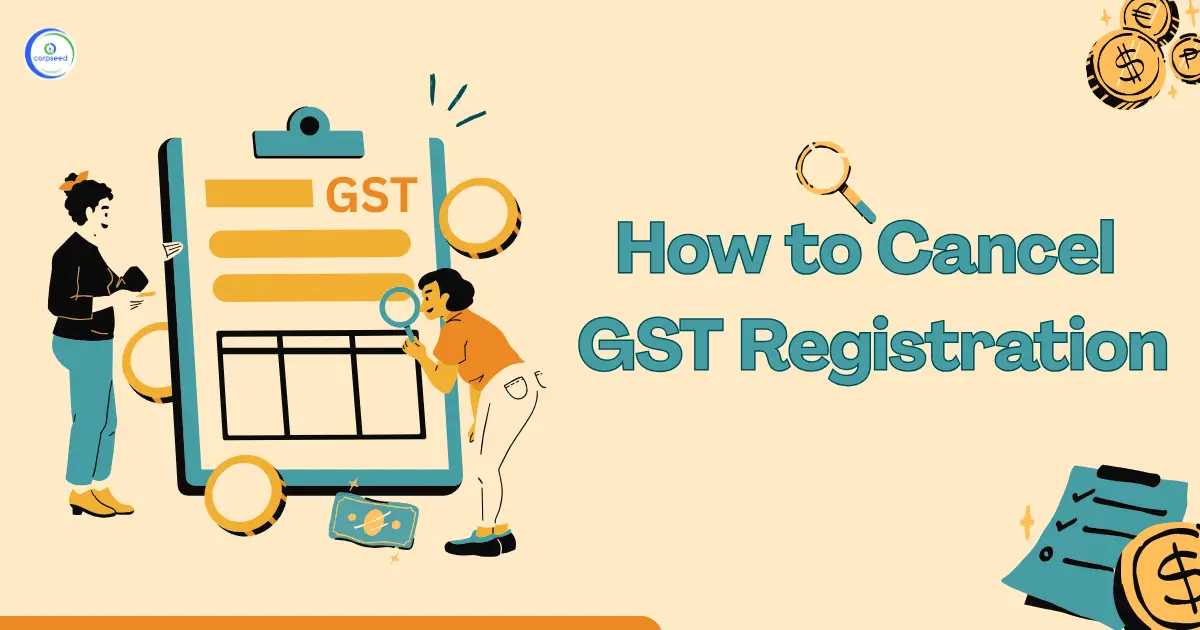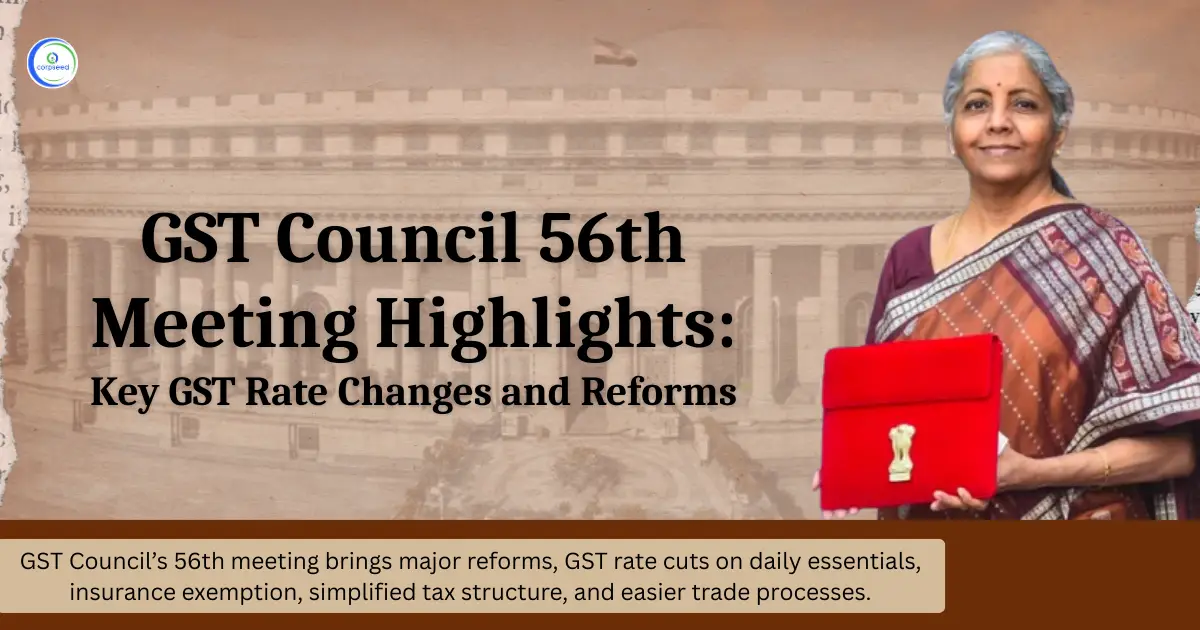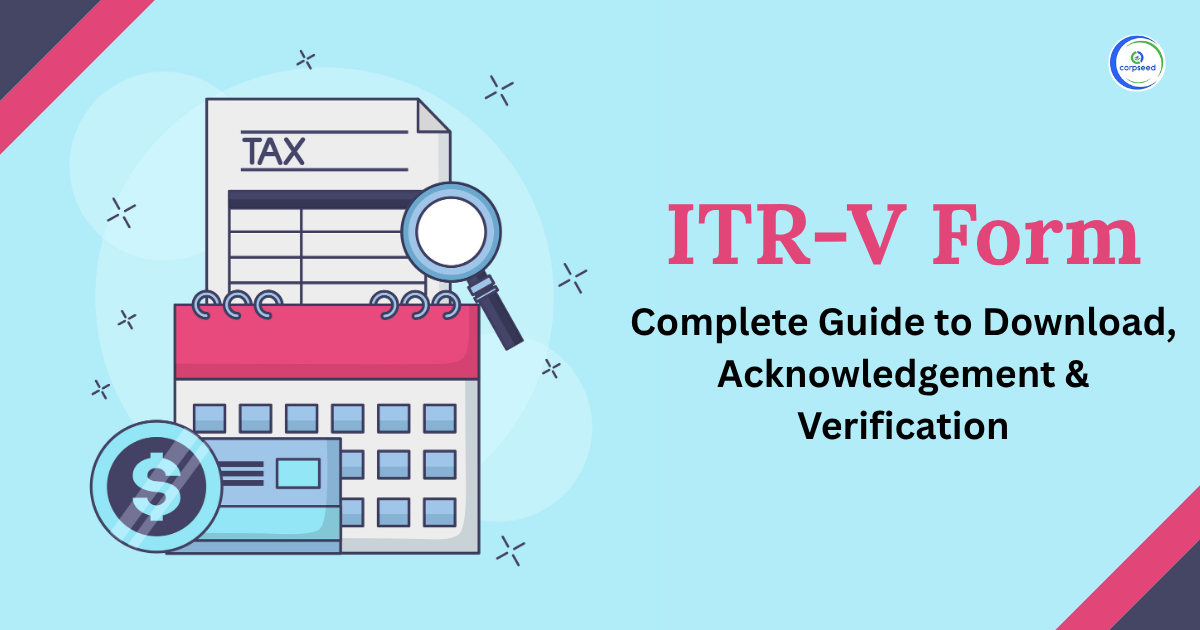Introduction
Taxation is very important part of life across the globe. Most of the country’s governments generate their income from the taxation system only. This income generated is further utilised for the development of the country. In India tax has to be paid by both individuals and companies. Tax is a mandatory contribution to the government. The Tax can be collected from the revenue generated from the business or on one’s salary or from entertainment like tax imposed on movie tickets or even on meals at restaurants. It is the prime responsibility of every taxpayer to pay tax to the government on time.
Table of Contents
Legal provisions under Tax -
The tax in India is imposed and regulated by - Central authority, the State Governments and the local authorities. The right to impose tax by any authority is defined under Article 246 read with Seventh Schedule of the Indian Constitution of India. According to the regulation, the tax can only be imposed by the authorised authorities. No other entity or individual has right to impose any type of taxes. As per Schedule VII, the subject matters is divided into –
- List – I _ Central List – only central government can make and imposes taxes
- List – II – State List – only state government can make and imposes taxes
- List – III – Concurrent List - both central and state government can make and imposes taxes
Taxation Types -
The Tax can be categorised into –
- Direct Tax
- Indirect Tax
Direct Tax -
- It is paid directly to the government authority that has imposed it.
- If the central government has imposed it, then it will be paid to them. Likewise, if the state government has imposed it, it will be paid to the state government only.
- These tax cannot be transferred to any other authority or to any other individual or entity.
- It is regulated by several laws which are administrated and managed by the authorities i.e. Department of Revenue under CBDT (Central Board of Direct Taxes),
- CBDT has a right to plan and to submit its inputs in regards to the implementation or changes of tax in case of any requirement.
Types of Direct Tax –
- Income tax -
- The direct tax is levied on the revenue generated by the entity in a financial year or on the income earned by an individual during a financial year.
- This is one of the most heard and common among all.
- Income Tax is regulated by Income Tax 1961
- The calculation of income is based on many factors such as residential status, entity type, amount of income, age etc.
Corporation tax – - All business organizations are taxable in India for their transactions all over the world.
- Domestic as well as foreign companies are covered under this tax regime.
- Securities Transaction Tax (STT), Dividend Distribution Tax (DDT), Minimum Alternative Tax (MAT), and Fringe Benefits Tax (FBT) are covered under the corporate tax.
- Wealth/ Property tax -
- This is levied on the property (can be residential, building or commercial) owned by an individual or entity.
- It is paid on a yearly basis doesn’t matter whether the property generates any revenue or not.
- These taxes are assigned only by authorities only after validating the valuation of the property.
- Estate tax -
- Can also be termed as the Inheritance Tax.
- This tax is paid on the value of the property which was left behind by the person after his/her death.
Capital Gain Tax – - This is calculated on the income which is earned from the sale of assets or investments.
- Capital gains are classified further into – Long Term Gain and Short Term Gain.
- Short-Term Gain - If the asset or investment is sold within 36 months from the date when they were acquired.
- Long-Term Gain – If the asset or investment is sold for a duration of more than 36 months from the date when they were acquired.
Pros and Cons of Direct Tax
Pros -
- Curbs Inflation- In the case of monetary inflation, in order to reduce the goods and service costs, the government can increase direct tax.
- Individuals with lower incomes will end up paying lower taxes and people with higher incomes will be paying higher tax.
- Decrease Inequalities- The tax collected from the higher-paid class of society is used by the government to start new initiatives to support the lower section of society.
Cons -
- Considered as a Burden
- Avoiding them is Possible by fraudulent activities so that they can avoid or pay lower taxes than they actually.
- Due to the direct tax many individuals avoid investing in securities, capital gain etc.
Indirect Taxation -
- Unlike a direct tax, indirect taxes are independent of the revue generated by an entity or the income of an individual.
- Unlike a direct tax, the indirect tax doesn’t have slabs differentiating and are the same for everyone.
- The Central Board of Indirect Taxes and Customs (CBIC) under the Department of Revenue regulates and manages indirect tax.
Types of Direct Tax –
- Goods and Service Tax (GST):
- GST has summoned almost 17 types of indirect tax like such as service tax, state AVT, central tax etc. under one roof.
- It is a destination-based tax.
- It is endured by consumers and is to be paid by sellers.
- Customs duty:
- It is levied on all goods which are imported and exported.
- It is further divided into – Import and Export Duty.
- Import Duty - tax that is levied on imported goods.
- Export Duty – tax that is levied on exporting goods.
- Custom Duty is regulated under Customs Act of 1962 regulated by Central Board of Excise and Customs (CBEC) under department of Revenue.
- Value Added Tax (VAT):
- It is a multi-point-destination-based tax which is imposed during the transaction in production or distribution chain.
- It is a type of consumption that is levied on the products at the time when its value is increased during the supply chain from its production to its sale.
- The State Governments levy VAT under Entry 54 of the State List.
- Service Tax –
- It is levied on the service provided by an entity and is collected from the receiver or the service recipient.
- It is regulated by Central Government.
- The entities that have a revenue of up to INR 10 lac are exempted from paying service tax
Excise Duty – - It is imposed on the manufactures and the manufacturers impose this on their products which is ultimately paid by consumers.
Stamp Duty – - Regulated by the state government
- It is levied on moving an immovable property in their state.
- Entertainment Tax –
- It is regulated by state government
- It is levied on entertainment sources like movies, amusement parks, exhibitions, games etc.
Pros and Cons of Direct Tax
Pros -
- Everyone has to contribute
- To be paid at the time of availing the service.
- No such documents are needed for the payment of these taxes
Cons -
- To be paid irrespective of the income at the same rate.
- Resulting in inexpensive products and services.
Difference between Direct Tax and Indirect Tax -
Expert’s Advice –
Paying Taxes is Your Responsibility
Both direct, as well as indirect taxes, have their pros and cons, but it’s necessary to pay both types of taxes. It can’t be skipped. The tax may be considered as a burden, but this ultimately helps the government to build a better world for us. This tax amount is the only amount that is invested in defence, healthcare, infrastructure, scientific launch etc. It becomes our prime responsibility of every citizen to pay and abide by the rules of the taxation system. Still there are many people who are evading taxes or doing fraud by showing their income as low than the actual. The government is taking initiatives to avoid such fraudulent activities. If anyone is caught doing any such activity, the government imposes penalties on him. It’s always better to avoid such conditions.
This portion of the site is for informational purposes only. The content is not legal advice. The statements and opinions are the expression of author, not corpseed, and have not been evaluated by corpseed for accuracy, completeness, or changes in the law.
BOOK A FREE CONSULTATION
Get help from an experienced legal adviser. Schedule your consultation at a time that works for you and it's absolutely FREE.
